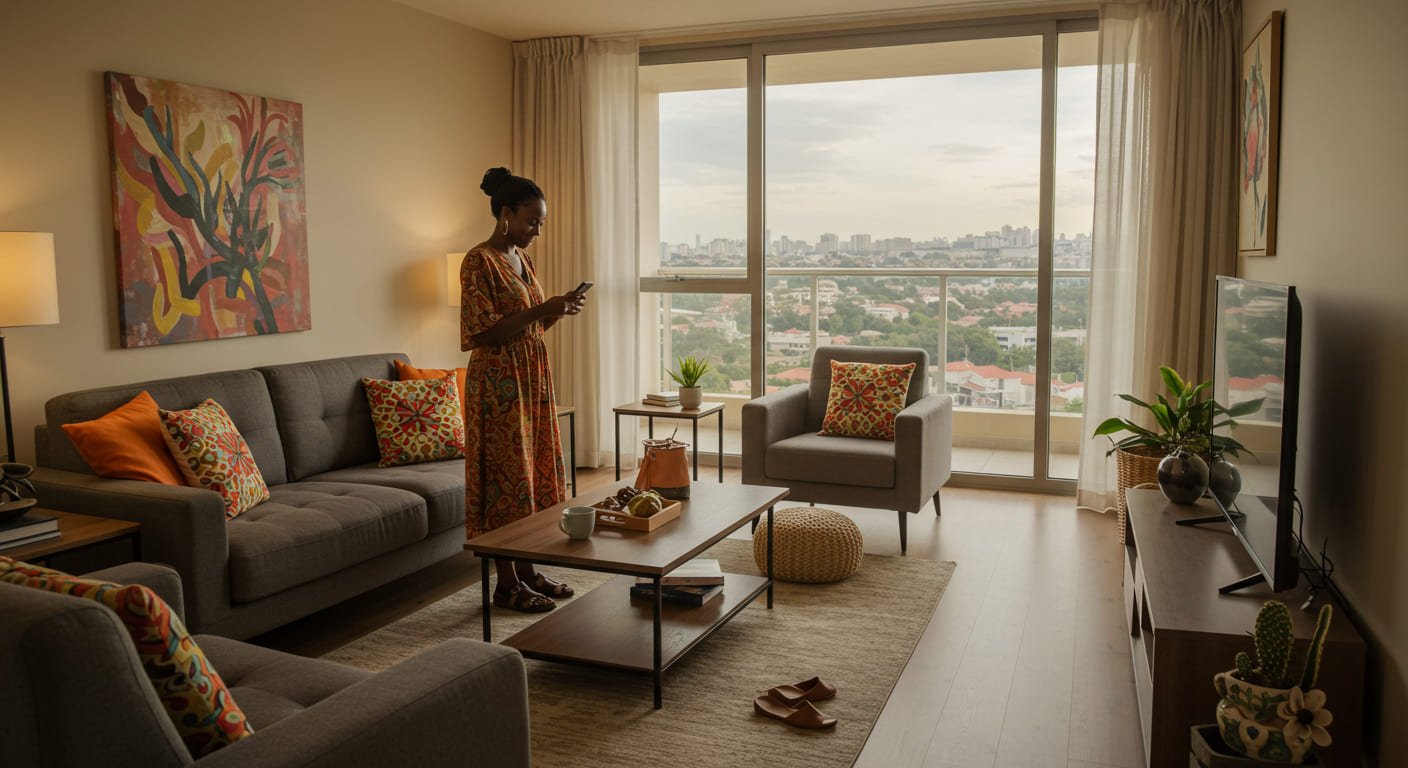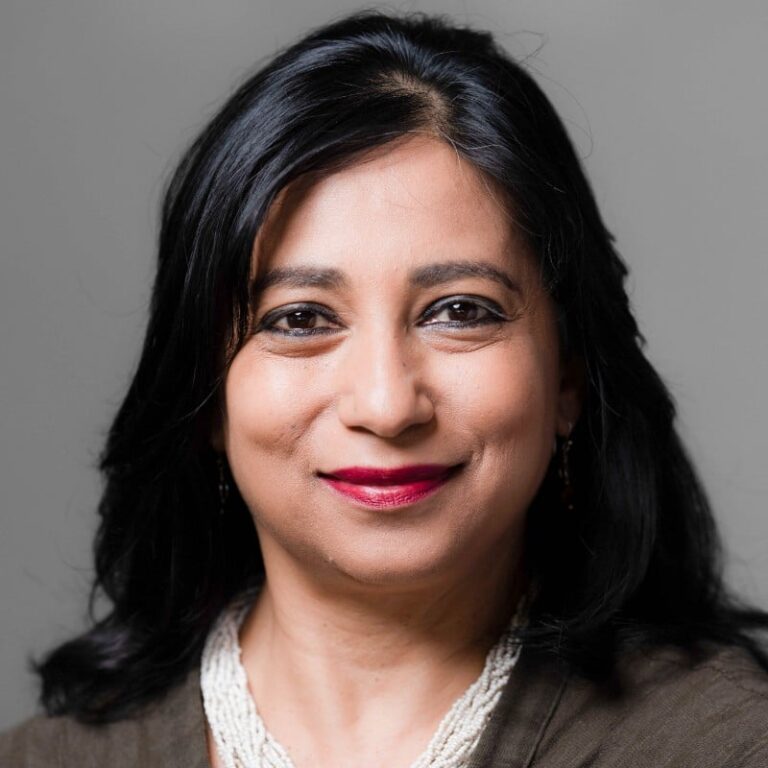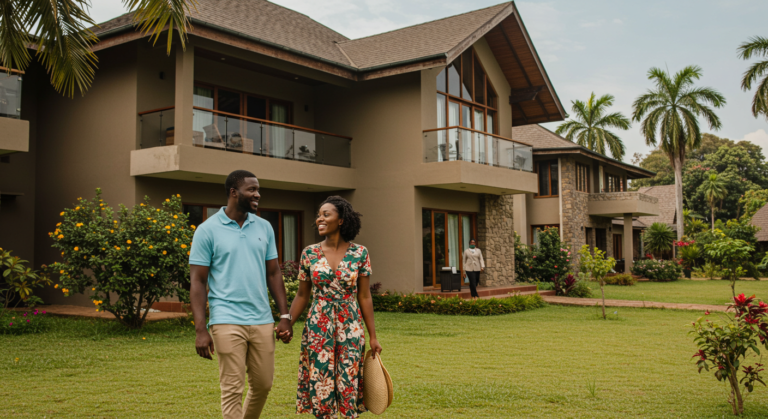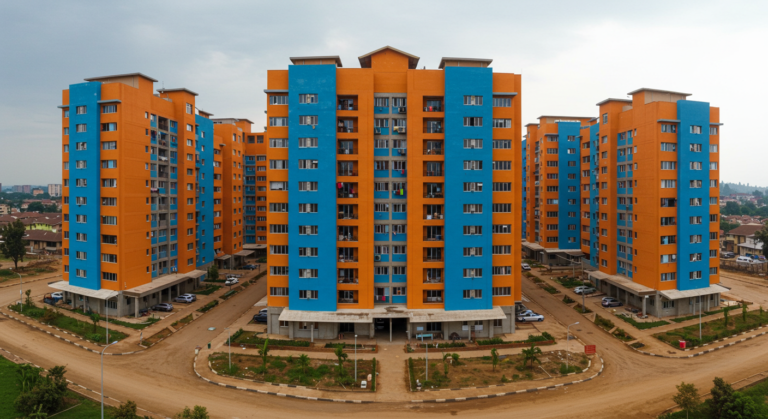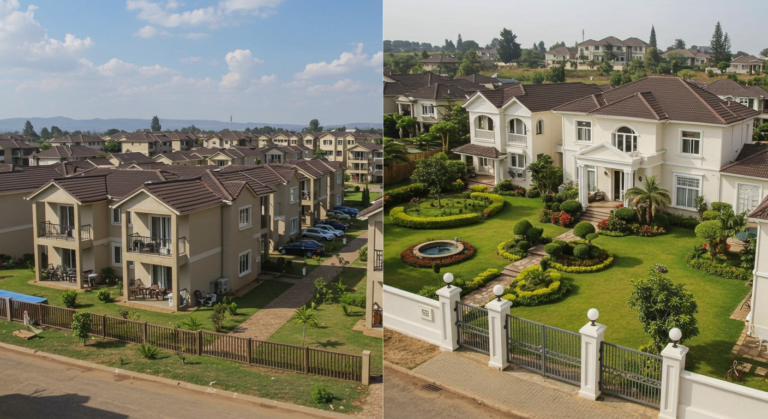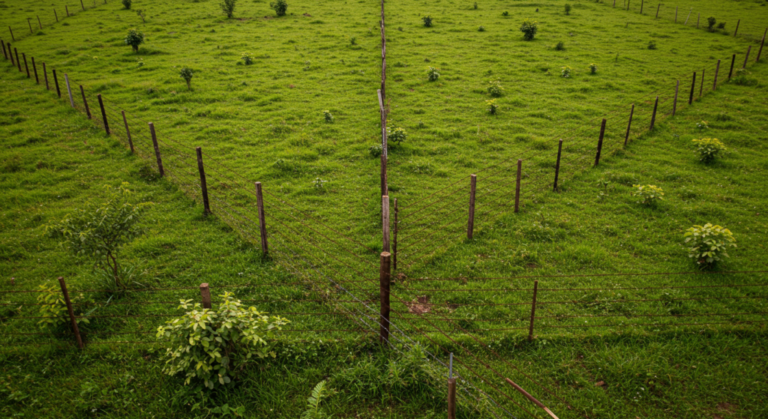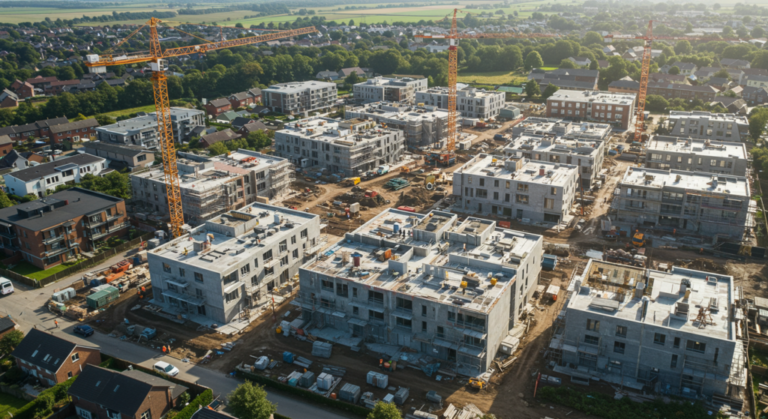Could Fractional Ownership Be Kenya’s Next Real Estate Innovation?
In the world of real estate, owning property has long been seen as one of the most reliable paths to wealth.
But for many Kenyans, especially young professionals and first-time investors, the high cost of entry into the property market can make homeownership feel like a distant dream.
That might be about to change, with a little inspiration from Dubai.
According to The Dubai Nomad, the Dubai Land Department (DLD) has just rolled out a bold initiative called the Real Estate Tokenisation Project, allowing multiple people to co-own a property through what’s known as fractional ownership.
This is made possible by converting real estate assets into digital tokens using blockchain technology. Each token represents a fraction of ownership in a property, and the more tokens you buy, the larger your stake.
READ ALSO: Emerging Real Estate Trends in Kenya: Shaping the Market Landscape
So instead of saving for years to buy an entire apartment, house, or land, investors can now buy a portion of a property, something that could dramatically lower the barrier to entry in real estate investment.
What Is Fractional Ownership, Really?
Think of it like this: instead of needing Ksh 10 million to buy a one bedroom apartment, what if you could invest just Ksh 100,000 and own 1% of that same unit?
You would still earn returns based on your share, and as the property’s value increases, so does your investment. That’s the power of fractional ownership.
And it’s not just a fancy crowdfunding scheme. As The Dubai Nomad explains, “tokenization enables partial property ownership without the need for a full purchase, leveraging advanced digital infrastructure.”
This means each token you hold is legally tied to property ownership, secured and recorded via blockchain for transparency and security.
Why This Could Work in Kenya
Kenya has a thriving real estate market, especially in Nairobi and satellite towns like Kitengela, Syokimau, Rongai, Ruiru, and Juja.
READ ALSO: Emerging Satellite Towns and Their Impact on Urban Sprawl
But affordability remains a huge challenge. Tokenization could be a smart solution to:
- Open up investment to a wider audience, including the diaspora and young investors
- Reduce risk, since you don’t have to put all your money in one property
- Create more liquidity, as tokens can potentially be traded or sold more easily than physical property
It also aligns well with Kenya’s push for digital transformation, and could attract interest from fintech innovators, SACCOs, and property developers looking for new ways to raise capital.
Learning from Dubai
Dubai’s model is being implemented in collaboration with forward-looking institutions like the Dubai Virtual Assets Regulatory Authority and the Dubai Future Foundation. Their goal? To make real estate investment more inclusive, transparent, and tech-driven.
His Excellency Eng. Marwan Ahmed Bin Ghalita, Director General of Dubai Land Department, captured the vision best:
“By converting real estate assets into digital tokens recorded on blockchain technology, tokenisation simplifies and enhances buying, selling, and investment processes.”
Kenya can borrow a page from this playbook. Imagine a Nairobi-based platform that allows Kenyans to own part of a rental unit in Kilimani or a holiday home in Diani, all from their phones. This could completely change how we think about property ownership.
Final Thoughts
Fractional ownership won’t replace traditional property buying, but it offers an exciting alternative. With the right legal frameworks, investor protections, and tech infrastructure, Kenya could pioneer its own version of real estate tokenization, just like Dubai is doing.
As The Dubai Nomad puts it, this is “a great initiative aimed at helping investors who saw investing in Dubai’s real estate sector as a steep curve.” Kenya should pay attention—and maybe even take the leap

